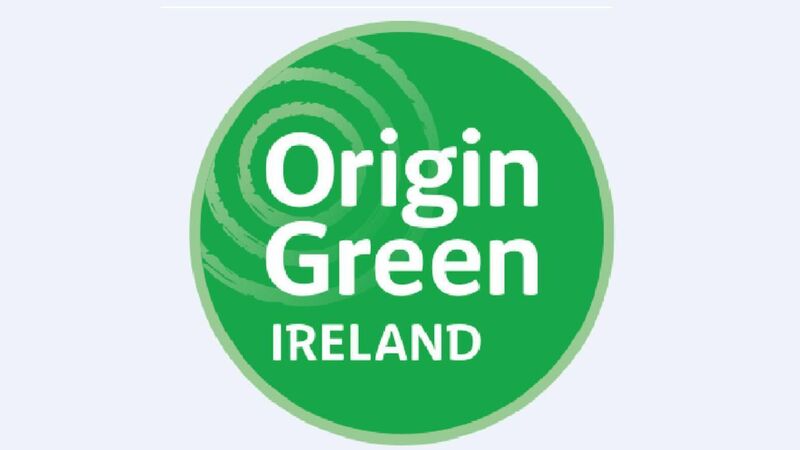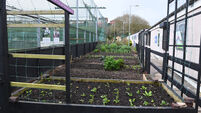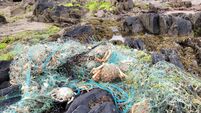Bord Bia maps out pathways to net-zero carbon emissions

Bord Bia's Origin Green logo
Ireland’s national food and drink sustainability programme has outlined new requirements for producers to reduce carbon emissions.
It comes as a global study found that food systems are responsible for a third of greenhouse gases caused by humans.













